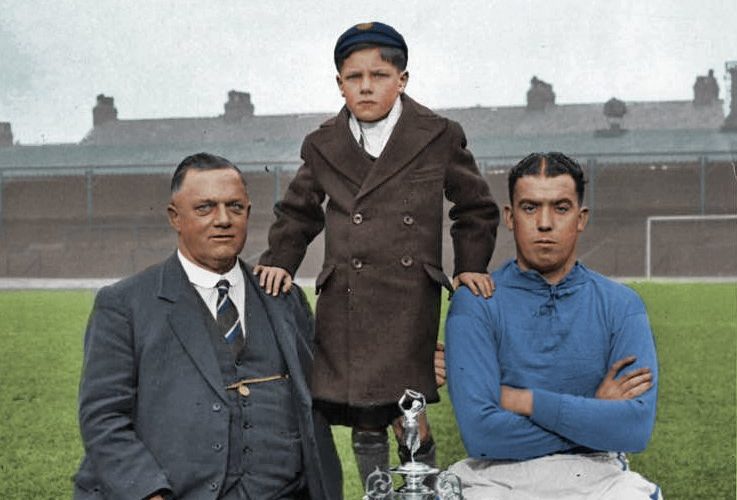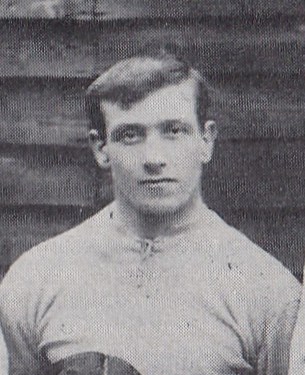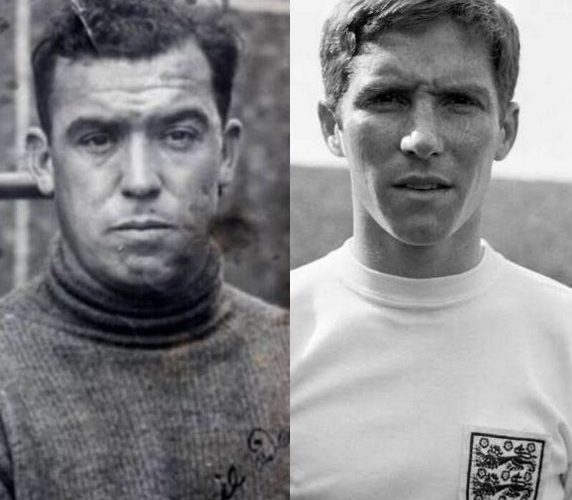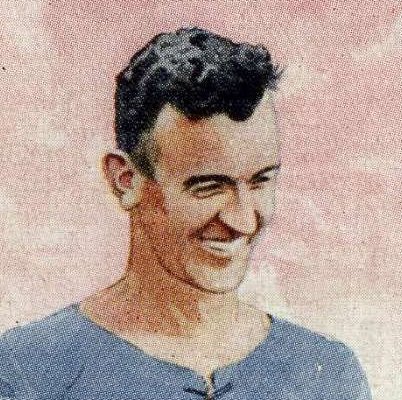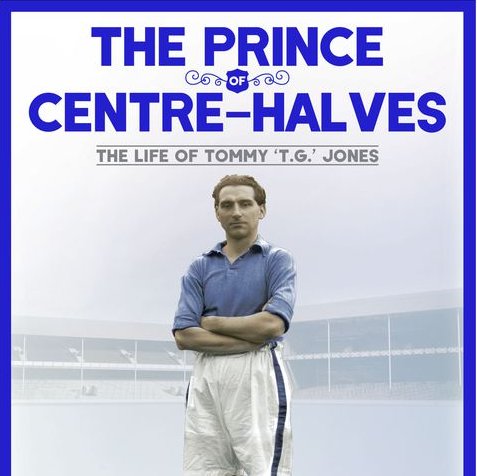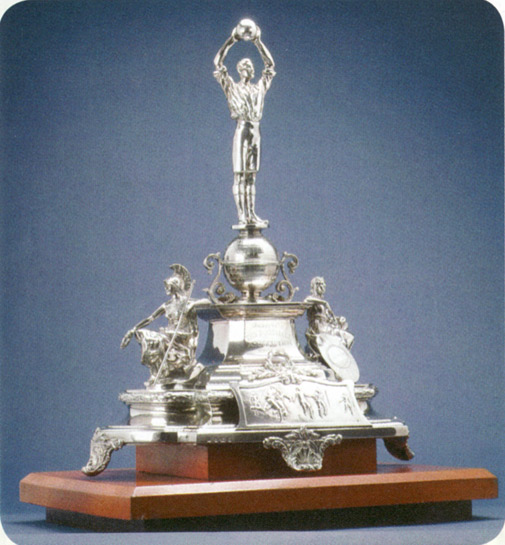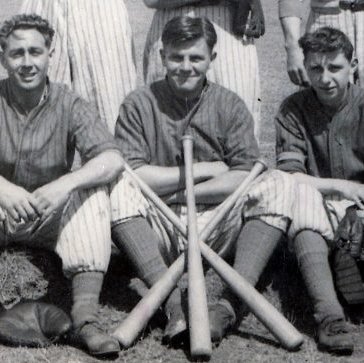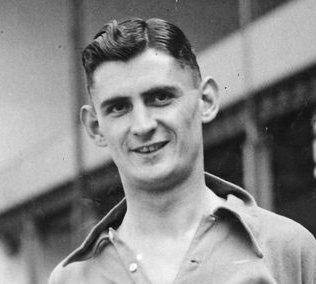The story behind the photograph – Tom McIntosh – Everton’s First Full-Time Secretary
Tom McIntosh is a significant off-pitch figure in Everton's story, yet, despite the club's achievements under his watch, he seems to have fallen through the cracks of the club's historical records and his contribution over 16 years is largely overlooked He came from humble beginnings. His Scottish father, Peter, left his native Nairn to become the resident baker at the lunatic asylum in Sedgefield, County Durham. Here he met Eleanor Hunter, an attendant at the asylum. Eleanor's sister Elisabeth and brother-in-law, Thomas Nokes, would also work at the institution (John rose to the position of Chief Attendant). Peter and Eleanor…

